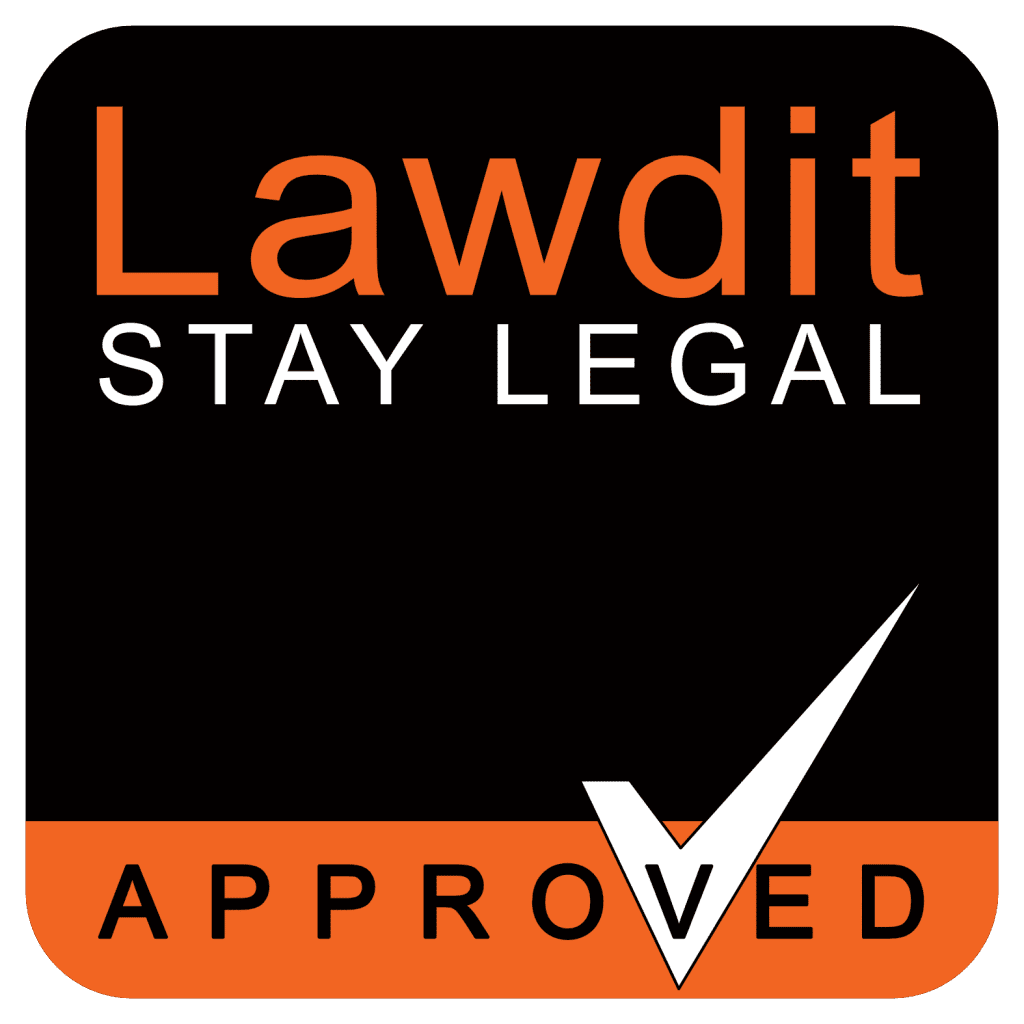You’ve put a lot of time and effort into developing your brand and want to ensure no one else can use it without your permission. That’s where trademark registration comes in. A trademark is a sign that distinguishes your goods or services from those of other traders.
The Benefits of Registering Your Trademark
There are many benefits to registering your trademark, including the following:
1. It Gives You Legal Protection
If your trademark is registered, you have the legal right to stop others from using it without your permission. This can be useful if you want to prevent others from selling products or services similar to yours or if you want to stop them from using your trademark in a way that could damage your reputation.
2. It Makes It Easier to Take Action against Infringement
If someone uses your registered trademark without your permission, you can take legal action against them more easily. This is because the law says that they infringe on your rights, and you do not have to prove that they have caused you any damage.
3. It Can Make It Easier to Sell or License Your Business
If you want to sell or license your business, having a registered trademark can make it more valuable. This is because it shows that you have the exclusive rights to use your trademark and have taken steps to protect it.
4. It Can Help You to Avoid Disputes
If you have a registered trademark, it can help to avoid disputes with others who might want to use the same or a similar trademark. This is because you can show that you have the legal right to use your trademark and that you are not infringing on anyone else’s rights.
5. It Can Give You a Competitive Advantage
Having a registered trademark can give you a competitive advantage over businesses that do not. This is because it shows that you are serious about protecting your trademark and that you are committed to using it in a way that does not infringe on the rights of others.
FAQs in Registering Your Trademark
If you’re considering registering your trademark, here’s what you need to know.
1. What Can Be Registered as a Trademark?
Almost anything can be registered as a trademark, including words, logos, sounds, smells and shapes. The only requirements are that it must be distinctive and capable of being represented graphically.
2. How Do I Register My Trademark?
You can register your trademark online with the Intellectual Property Office. The process is relatively simple, but you must ensure you’re familiar with the trademark application process before you start.
3. What Does It Cost to Register a Trademark?
The cost of registering a trademark varies depending on the number of classes you want to register it in. For most businesses, registering a trademark in one class will cost around £170.
4. How Long Does Trademark Registration Last?
A trademark registration is valid for ten years and can be renewed indefinitely as long as you continue to use your trademark.
5. Do I Need to Register My Trademark?
There is no legal requirement to register your trademark, but it is recommended. Unregistered trademarks are much more difficult to enforce, and you may find it challenging to take action against someone who uses your unregistered trademark without your permission.
Conclusion
Registering your trademark is a key step in protecting your brand. By registering your trademark, you can prevent others from using your name or logo without your permission. Additionally, registered trademarks can be used to help resolve disputes and can be used as a valuable marketing tool.
If you are considering registering your trademark , be sure to consult with an experienced trademark attorney to ensure that your trademark is properly protected. The Trademarkroom can help. We’re experienced in helping businesses protect their trademarks, and we can guide you through the process of registering your logo.
Contact us now for more information on how we can help you protect your valuable trademark.











